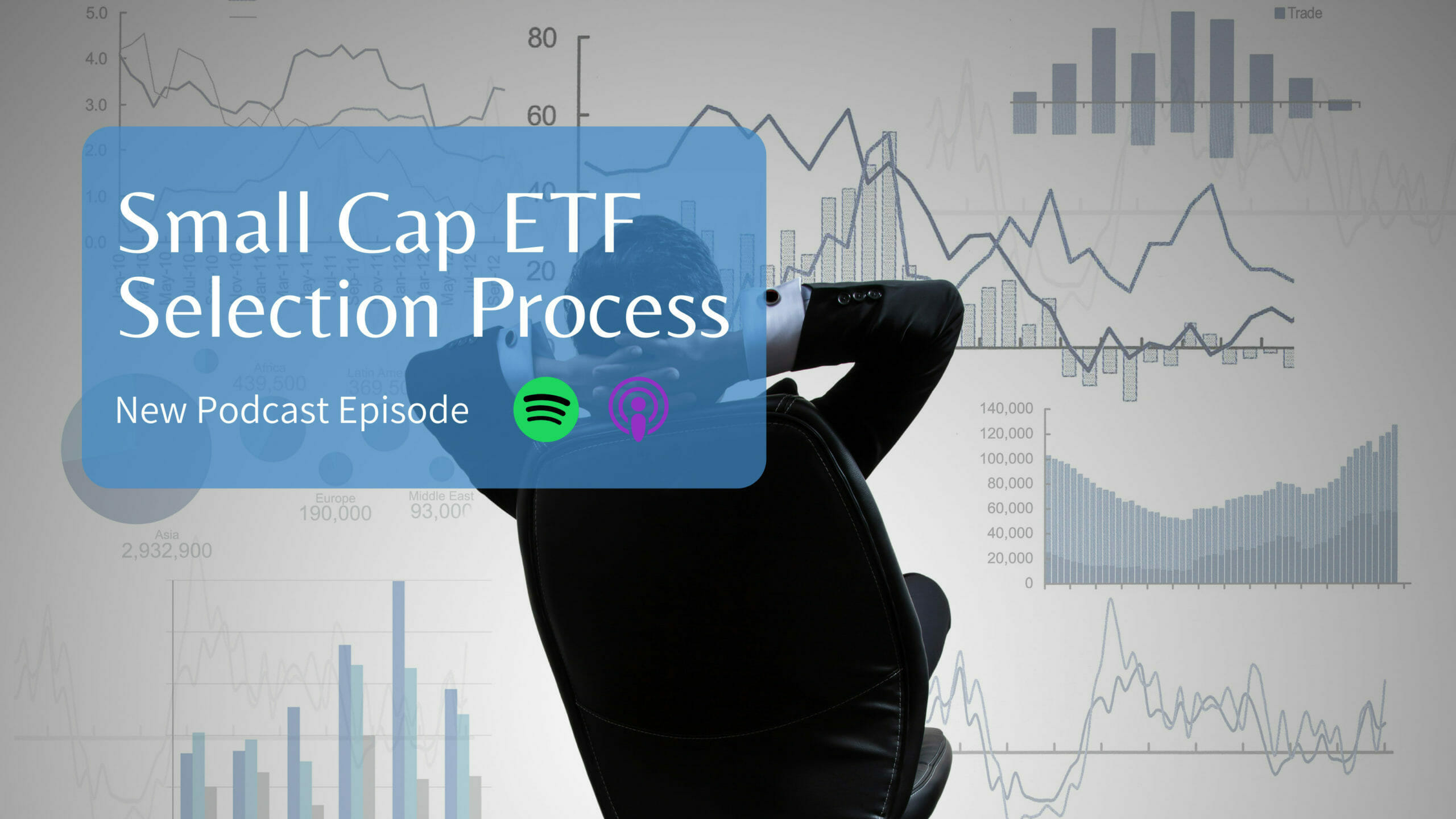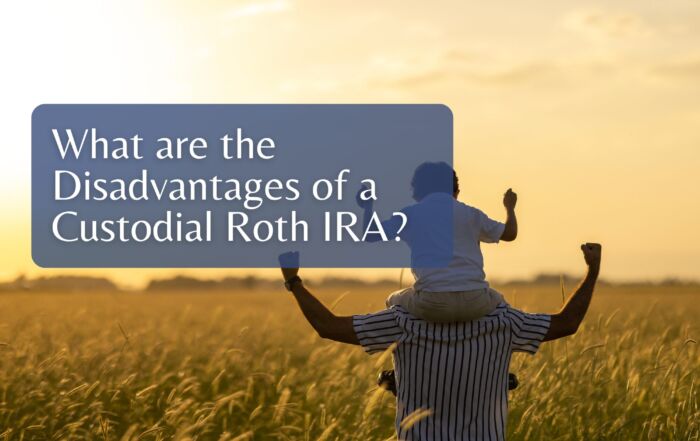
Small Cap ETF Selection Process
On this episode of A Wiser Retirement Podcast, Casey Smith, Matthews Barnett, CFP®, ChFC®, CLU®, and Brad Lyons, CFP® talk about why selecting the best small cap ETF is crucial to your portfolio. They talk about the risks of buying inverse ETFs, the importance of having an overall theme within your portfolio, how to select the best small cap ETF, and how to diversify your portfolio. It is important to understand that small caps can be beneficial when used the right way.
Listen on Apple Podcasts or watch on YouTube:
SUMMARY:
Risks of Buying Inverse ETFs
Buying inverse ETFs can come with huge risks. You could lose all your money in one day, and there is constant compounding risk. This is due to the fact there are fewer up days, and more down days. It’s best to play it safe and stick with an overall theme during ETF selection, instead of buying inverse ETFs.
Have an Overall Theme for Your Portfolio
Most ETFs group different companies together, for example the Jets ETF consists of the top 10 airlines. Pinpointing an overall arching theme within your portfolio can help in selecting the right ETF for you. Selecting random ETFs within your portfolio can cause you to stray away from your overall financial plan, which could potentially have a negative impact on it.
Which ETF is Right for You?
As you are searching for the right ETF, it’s important to consider certain characteristics of an ETF. These characteristics could be its standard deviation, maximum draw down, as well as considering your expenses, and how the ETF can add to your existing portfolio. Keep in mind, ETFs fluctuate over different periods of time and are better for the short term rather than the long term. Most of the time, it’s all about how investors recognize and reward ETFs vs the actual composition of them. Analyzing value growth vs growth in size, as well as small market cap vs large market cap can also be helpful when searching for the right ETF.
Choosing the Best Small Cap ETF
It is known that large caps have been outperforming small caps for some time, but that doesn’t mean you should overlook the small cap ETFs. In fact, during certain periods of time, small cap ETFs have outperformed other asset classes. To begin the process of choosing the best small cap ETF, you should consider what is in the rest of your portfolio.
3 Major Small Cap Indexes
As you are beginning to balance your portfolio with small cap and large cap ETFs, it’s important to note the top three small cap ETFs. First, we have the S&P 600, which is part of the S&P large cap. Second, we have the Russell 3000. Third, the CRSP, otherwise known as the Center for Research and Securities Pricing, currently managed by the Booth School of Business at the University of Chicago. These ETFs have the possibility to grow your portfolio.
Diversify Your Portfolio
To diversify your portfolio, it’s important to choose both small cap and large cap ETFs. Relying on how they can correlate to the rest of your portfolio is helpful. You need to find ETFs that correlate to each other. For example, if you are investing in S&P 500 large cap, to balance it out you could invest in S&P 600 small cap. In doing this, you can manage risk better. When choosing ETFs you want to invest in, find ETFs that don’t overlap, and shy away from blending indexes. Rebalancing your ETFs can also be helpful to create a consistent return stream and lower volatility. This allows you to take on less risk in the long term.
Download our white paper on “3 Ways to Grow and Protect Your Portfolio”
TIMESTAMPS:
0:00 Intro
7:26 Risks of Buying Inverse ETFs
12:00 or 14:06 Have an Overall Theme for Your Portfolio
16:11 Which ETF is Right for You?
18:08 Choosing the Best Small Cap ETF
27:11 3 Major Small Cap Indexes
32:29 Diversify Your Portfolio
LINKS:
Learn more about Casey Smith and connect with him on Twitter.
Learn more about Brad Lyons.
Learn more about Matthews Barnett.
CONNECT:
Twitter, Instagram, Facebook, LinkedIn, and YouTube.
Learn more about A Wiser Retirement podcast and access previous episodes.
Share This Story, Choose Your Platform!
Wiser Wealth Management, Inc (“Wiser Wealth”) is a registered investment adviser with the U.S. Securities and Exchange Commission (SEC). As a registered investment adviser, Wiser Wealth and its employees are subject to various rules, filings, and requirements. You can visit the SEC’s website here to obtain further information on our firm or investment adviser’s registration.
Wiser Wealth’s website provides general information regarding our business along with access to additional investment related information, various financial calculators, and external / third party links. Material presented on this website is believed to be from reliable sources and is meant for informational purposes only. Wiser Wealth does not endorse or accept responsibility for the content of any third-party website and is not affiliated with any third-party website or social media page. Wiser Wealth does not expressly or implicitly adopt or endorse any of the expressions, opinions or content posted by third party websites or on social media pages. While Wiser Wealth uses reasonable efforts to obtain information from sources it believes to be reliable, we make no representation that the information or opinions contained in our publications are accurate, reliable, or complete.
To the extent that you utilize any financial calculators or links in our website, you acknowledge and understand that the information provided to you should not be construed as personal investment advice from Wiser Wealth or any of its investment professionals. Advice provided by Wiser Wealth is given only within the context of our contractual agreement with the client. Wiser Wealth does not offer legal, accounting or tax advice. Consult your own attorney, accountant, and other professionals for these services.





